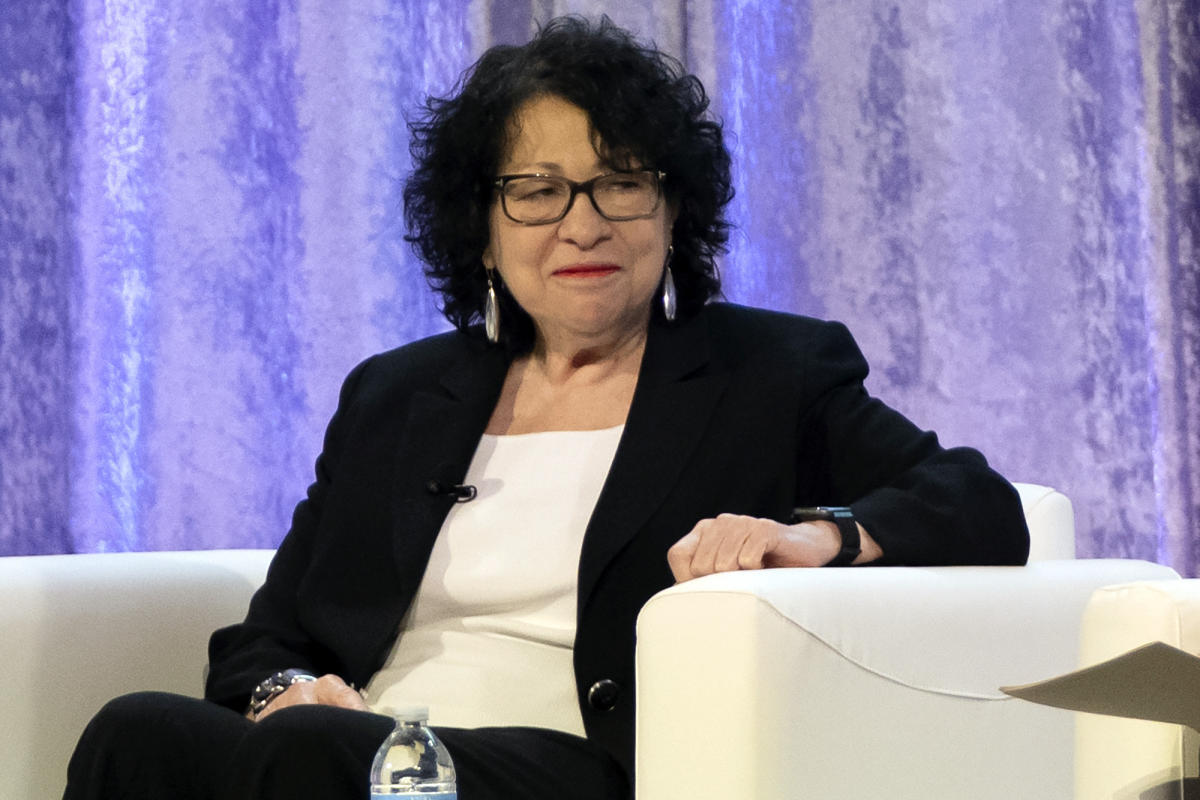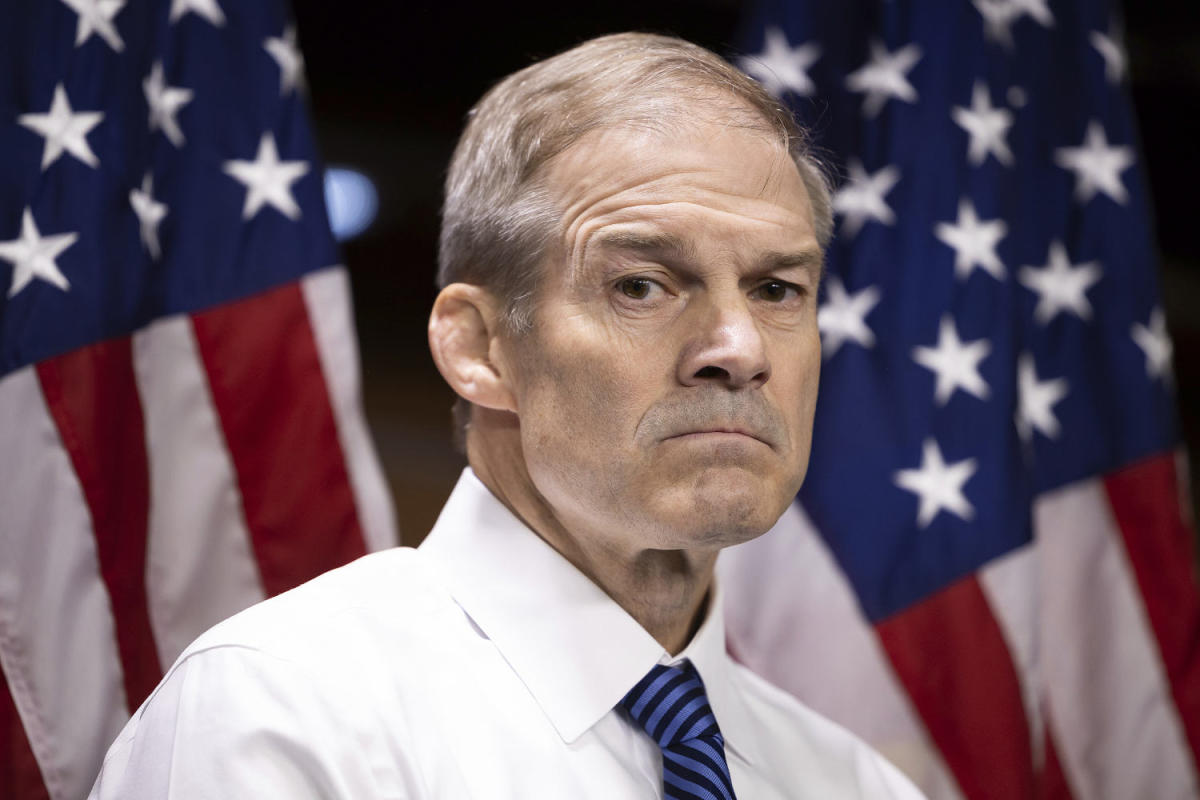WASHINGTON (AP) — In a stark dissent, Justice Sonia Sotomayor said the Supreme Court allowed a president to become a “king above the law” in its ruling that narrowed the scope of criminal charges against former President Donald Trump for his role in the Jan. 6, 2021, riot at the U.S. Capitol and efforts to overturn the election.
She called the decision, which likely ended the possibility of a trial against Trump before the November election, “completely indefensible.”
“The court effectively creates a lawless zone around the president, upending the status quo that has existed since the founding,” she wrote. She was joined by liberal justices Elena Kagan and Ketanji Brown Jackson, who wrote another dissent describing the ruling’s implications as a “five-alarm fire.”
Sotomayor read her dissent aloud in court, with a weighty delivery that underscored her criticism of the majority. She enunciated each word forcefully, pausing at times and gritting her teeth at others.
“Ironic, huh? The man responsible for enforcing the laws can now just break them,” Sotomayor said.
Chief Justice John Roberts accused the liberal justices of scaremongering in the majority opinion, which ruled 6-3 that presidents are not above the law but should be entitled to presumptive immunity to allow them to exercise the office’s far-reaching powers by force and avoid a vicious cycle of politically motivated prosecutions.
While the ruling leaves open the possibility of prosecutions for private acts, Sotomayor said it “robs these prosecutions of any potential” by excluding any evidence relating to official acts for which the president is immune.
“The project of this majority will have disastrous consequences for the presidency and for our democracy,” she said. She ended by saying: “For fear of our democracy, I do not agree.”
Trump denies any wrongdoing and says this and three other prosecutions are politically motivated to prevent him from returning to the White House.
The other justices watched silently and remained largely motionless as Sotomayor spoke, with Justice Samuel Alito shuffling through papers and appearing to study them.
Sotomayor pointed to historical evidence, from the founding fathers to Watergate, that presidents can potentially be prosecuted. She blasted the conservative majority for using the country’s history as a guide on issues like guns and abortion. “Interesting, history matters, right?”
Then she looked at the audience in the courtroom and concluded, “Except here.”
The majority feared that the threat of possible prosecution could take hold of a president or create a “cycle of factional strife” that the Founders wanted to avoid.
Sotomayor, on the other hand, pointed out that presidents have access to extensive legal advice about their actions and that criminal cases are typically handled in court with high barriers.
“It is a far greater danger when the president feels empowered to violate federal criminal law, buoyed by the knowledge of future immunity,” she said. “I am deeply troubled by the idea … that our nation loses something valuable when the president is forced to operate within the confines of federal criminal law.”
___
Associated Press editor Stephen Groves contributed to this story.







